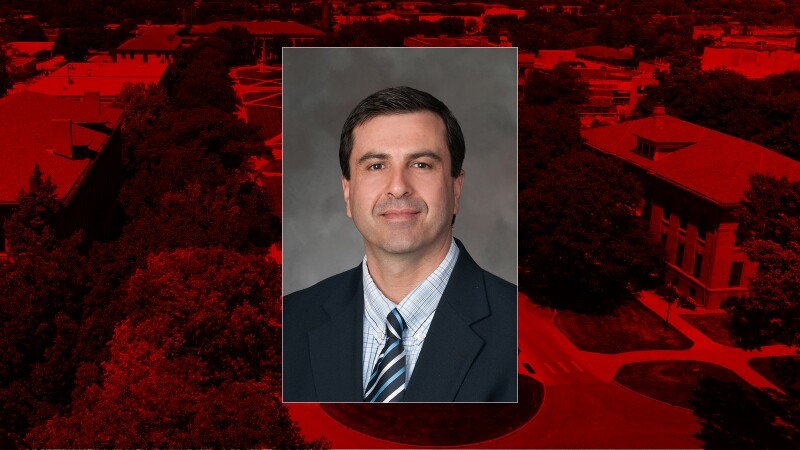
Lincoln, Neb. — Suat Irmak, Harold W. Eberhard Distinguished Professor in the University of Nebraska-Lincoln’s Department of Biological Systems Engineering was recently honored as the American Society of Agricultural and Biological Engineers (ASABE) Fellow.
Irmak is honored with ASABE’s highest honor for his global impact in advancing the agricultural science, engineering and education in irrigation engineering, evapotranspiration, and surface energy balance measurements, climate change impact on agricultural productivity and water resources, understanding crop physiology, biophysics vs environment interactions. The award goes to a member of unusual professional distinction, with outstanding and extraordinary qualifications and experience in the discipline.
Irmak is a renowned scientist, researcher, educator and a servant leader who is internationally recognized for his exceptional contributions to the advancement of science, education, and engineering in soil-water and related disciplines.
Irmak has made contributions to the measurement and modeling of surface energy and water vapor fluxes, which play a critical role in understanding the response of agro-ecosystems to changes in environmental and atmospheric parameters to better model water losses for more accurate water balance analyses.
He operates numerous large-scale research projects that are designed to advance scientific understanding of various processes related to soil and water resources engineering, evapotranspiration, agriculture, climate, and the interactions among these categories.
His programs have been instrumental in educating citizens and enhancing the scientific literacy of producers, crop consultants, state and federal agency personnel, next generation scientists and researchers (including post-docs, graduate and undergraduate students), USDA-NRCS field engineers, and other professionals; and also contributed to enhancing the efficiency of irrigation and crop production systems.
The practical innovation of some of his research projects are being implemented by growers, crop consultants, state and federal water management agencies, and irrigation districts to make better-informed water resource management decisions, to enhance agricultural production efficiency, and to improve management and policy decisions.







